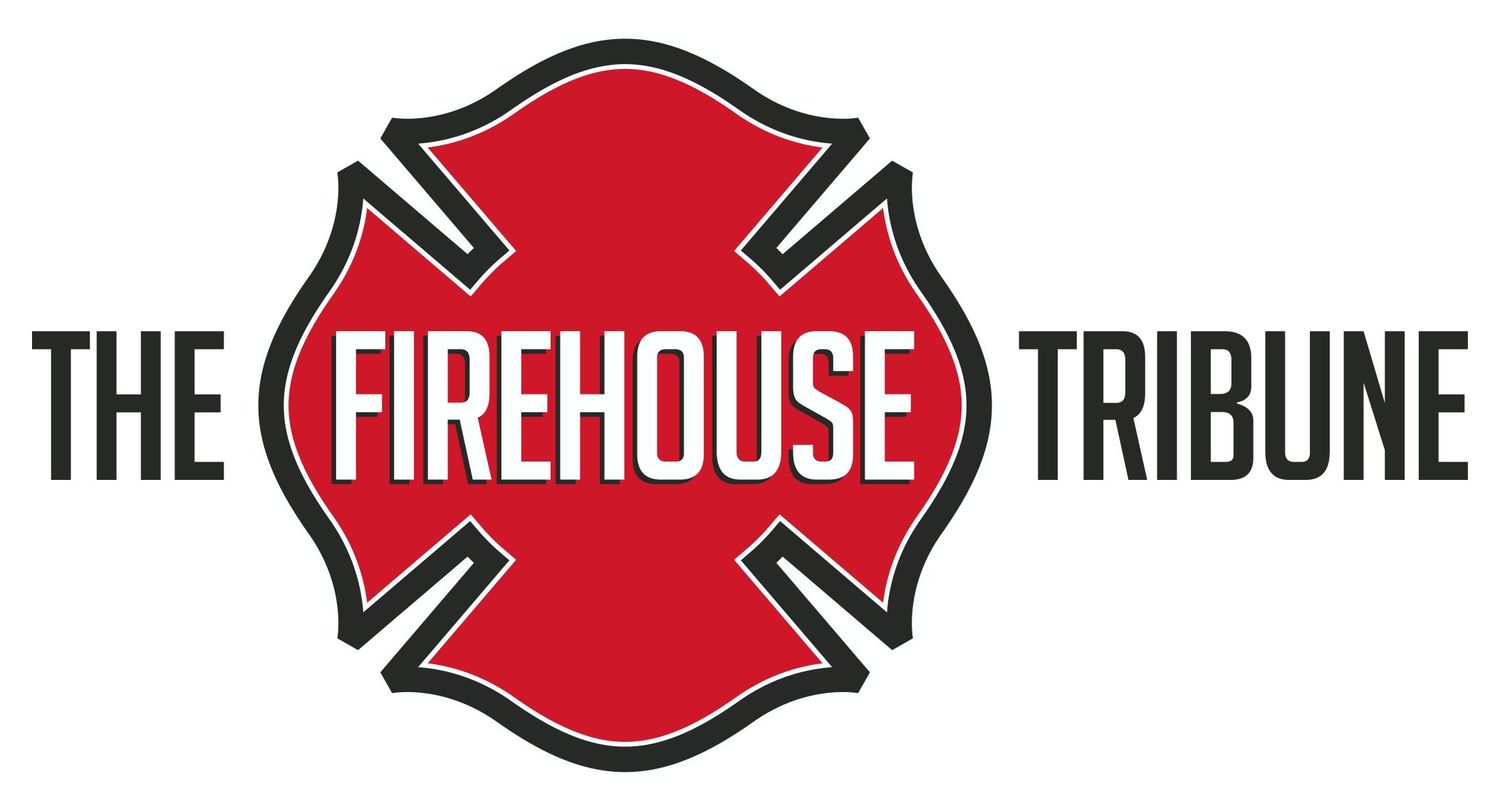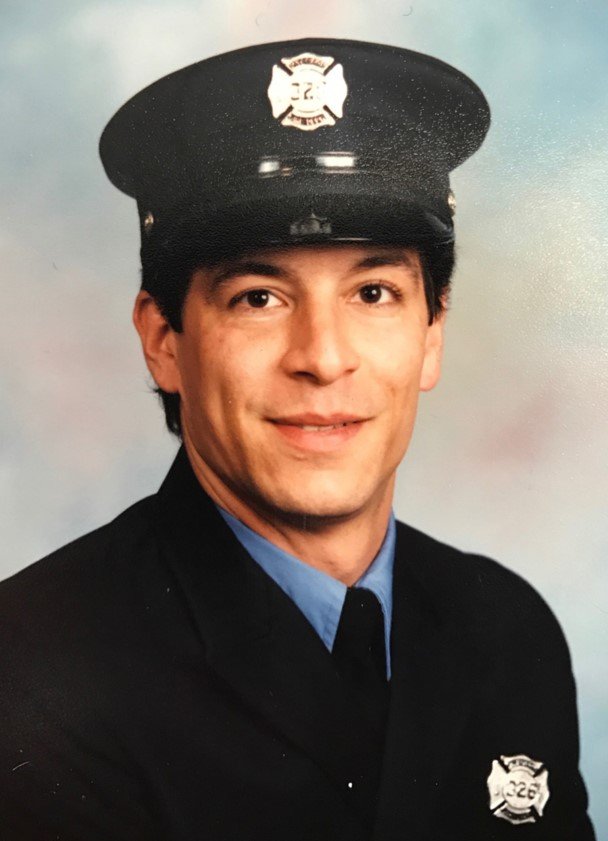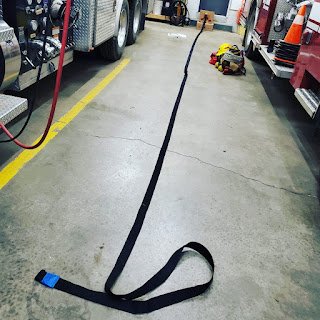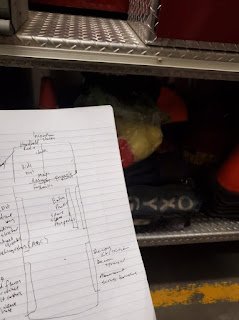Fires are often won or lost before the first line is charged. Those opening moments dictate everything that follows, setting the rhythm and direction of the incident. It doesn’t matter if you’re the chief officer establishing command, a captain or lieutenant giving assignments, or the firefighter riding the seat, sizing up what you’re about to walk into; every decision and every action in those first five minutes carries weight. The fireground is unforgiving, and small choices can snowball into either success or failure. The purpose of this article is simple: to highlight why disciplined decision-making in the earliest moments matters most. By focusing on clear size-ups, solid communication, and tactical priorities, we can transform the chaos of arrival into coordinated action that keeps our people safe, saves lives, and puts us in the best position to succeed.
The Importance of the Initial Size-Up
When the first-arriving officer pulls up, the size-up becomes the foundation for every move that follows. The first question is always fire conditions: is fire showing, and if so, where is it located? The answer dictates immediate priorities. Just as important is the type of building you’re facing: commercial or residential, single-family home or multi-story apartment, suburban sprawl or dense urban block. Construction and layout have a direct influence on fire spread, collapse potential, and access points. Occupancy and time of day add another layer of complexity. In a residential community, a daytime fire might mean fewer people home but a pet left behind, while a nighttime fire almost guarantees occupied houses and apartments. Commercial occupancies flip that script. Daytime hours often involve heavy staffing and a high civilian presence. At the same time, nighttime may reduce the number of people inside, but it still requires a cautious search for late workers or security personnel. Each factor —construction, occupancy, and timing — paints a picture that shapes the first critical choices in the opening minutes.
That initial size-up isn’t complete without a full 360° walk-around when possible. This quick but deliberate lap gives the officer information that may not be visible from the front seat. Look for hints of fire showing from hidden sides, smoke pushing from eaves, or heat patterns on windows. Scan for victims at windows or balconies signaling for help, because their location will dictate the most urgent tactics. Identify all available means of access and egress, including front doors, rear doors, side entries, fire escapes, and even basement walkouts, that may serve either crews making entry or civilians trying to exit. These observations aren’t just boxes to check; they form the blueprint for how the first five minutes will unfold. A strong 360 turns guesswork into informed decision-making, which is exactly what the fireground demands.
Communication Sets the Tone
Clear, confident communication in the first minutes sets the tone for the entire incident. The first-arriving officer must establish command and relay conditions to incoming units in a way that paints the picture. A strong initial radio report should cover conditions, actions, and needs, for example, “Engine 1 is on scene with a two-story residential, heavy smoke showing from the second floor, stretching a line for interior attack, start me a second truck.” Simple, direct, and decisive. Not every decision will be perfect, but the fireground demands that officers stand by their calls and remain accountable for their actions. Mistakes can and do happen, and while they carry consequences that may cause injury or worse, consistent training sharpens judgment and improves the odds of making the right decision when it counts most.
The absence of clear communication breeds chaos. Crews left guessing may charge in without direction, leading to confusion, duplication of effort, and uncontrolled actions. While freelancing has its place and can be effective when done with experience and purpose, it’s not a substitute for clear leadership and strategy. Ultimately, effective communication ensures that every action taken on the fireground aligns with a single, unified goal.
Priorities in the First Five Minutes
Once size-up and communication are established, the first five minutes must focus on setting clear priorities. Every incident should be guided by the same objectives: ensuring life safety, stabilizing the incident, and preserving property. These aren’t just phrases we repeat in training; they’re the core of why we do what we do. They give order to the chaos and ensure that every company’s actions are pointed in the same direction.
From there, tactics must align with the conditions. The choice between offensive and defensive mode sets the entire strategy. Every effort should be made to initiate an offensive attack, as it saves lives. Some call it “aggressive firefighting.” I call it firefighting because that’s how the job should be done. That said, there are moments when the fire dictates a defensive start. Suppose flames are erupting from every window and structural integrity is already compromised. In that case, you may have no choice but to begin defensively and reassess whether conditions allow for a transition inside. Still, remember this hard truth: if you’re choosing to go defensive on a building that appears vacant, it remains occupied until the fire department proves otherwise.
Priorities also hinge on coordination between engine and truck companies. Ventilation must be timed with fire attack, and the truck should be relaying conditions back to the engine as they locate the seat of the fire. Poor coordination here wastes energy, creates dangerous fire behavior, and slows victim removal. Equally important is ensuring water supply and access. Establishing a reliable source from the start keeps the attack moving forward and prevents crews from being caught without protection.
When these early objectives are clearly laid out, the fireground runs more smoothly. Crews know their assignments, companies support each other’s efforts, and valuable minutes aren’t lost to duplication or hesitation. The difference between success and disaster often comes down to those first five minutes being driven by decisive, coordinated priorities.
Avoiding Pitfalls of Poor Early Decisions
The quickest way to lose control of a fireground is through poor decisions made in the opening minutes. Rushing in without a plan, overcommitting resources to the wrong tactic, or treating a “routine” fire with complacency can all set the stage for failure. Once those first five minutes are wasted, recovery becomes far more difficult, often forcing command to play catch-up while conditions worsen. This is also where critical thinking plays an important role. Slowing down just enough to assess, process, and make calculated decisions ensures that every move is deliberate and supports the bigger picture. A disciplined approach in the beginning isn’t about hesitation; it’s about making sure every action counts.
Training for the First Five Minutes
The best way to prepare for the pressure of those opening minutes is to train for them. Company drills should go beyond stretching lines or throwing ladders; they should simulate rapid size-ups, quick initial decisions, and the kind of immediate actions that mirror a real first-due arrival. These scenarios train firefighters to think quickly, communicate effectively, and act decisively when the tones drop.
Incorporating “first due” simulations into training brings a sense of realism that builds confidence. Practicing engine stretches, truck placement, and giving initial radio reports in a timed environment helps crews develop muscle memory while sharpening their ability to adapt to changing situations. The more realistic and fast-paced the drill, the better prepared a company will be when the real thing happens.
Training also needs to focus on leadership development. During specific scenarios, allow lieutenants to act as captains and captains to act as chiefs. This not only prevents complacency but also gives officers a clearer understanding of what others in the chain of command are looking for. By stepping into those roles under stress, they learn to anticipate needs, appreciate the bigger picture, and prepare themselves for future promotions. Building this kind of depth ensures that when it’s their turn to lead in those first five minutes, they’ll be ready.
Bringing It All Together
The fireground is shaped in its first five minutes. From the moment the first unit arrives, size-up, communication, and tactical priorities dictate whether the incident moves toward order or chaos. Strong decisions in those early moments create a foundation for coordinated operations, while poor choices can leave crews scrambling to recover. That’s why critical thinking, disciplined action, and a commitment to training are so vital. By drilling realistic scenarios, practicing rapid size-ups, and preparing officers at every level to think critically and proactively under stress, we give ourselves the best chance to succeed. At the end of the day, the first five minutes belong to those who are ready to lead, prepared to act, and committed to making every move count for our crews, the victims we serve, and the communities that depend on us.

















